Problem with Hales speaker
- Read more about Problem with Hales speaker
- Log in or register to post comments
Even though i had this dvd preordered and got it as soon as it got out,i only watched it last night.The reason? I did not believe there was anything i might actually learn from watching it.I've read so many books about the subject and setup so many turntables(out of necessity,no one here who knew how,so i HAD to learn),i just thought it unnecessary to sit down and watch it.And yet,i did find something useful
Maybe it's just me, but I just can't find a couple of articles/reviews I could swear Mr Fremer said he had written or would write.
The first is the followup on the vinyl cleaning fluids. I have the 11/2005 issue and the first article, and at the end of it he says part 2 (about heavy-duty cleaners) will be published in the next issue. Thing is, I've looked and I can't find it in the 12/2005 or any subsequent issues.
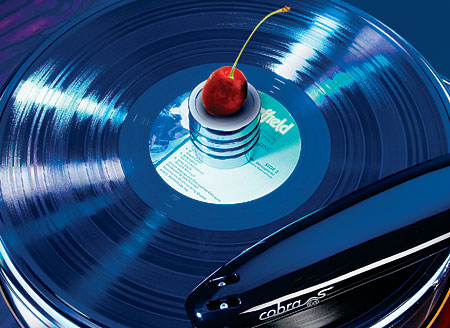
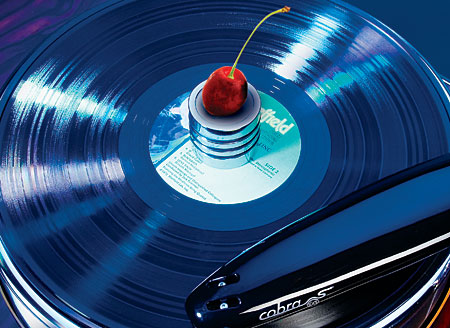
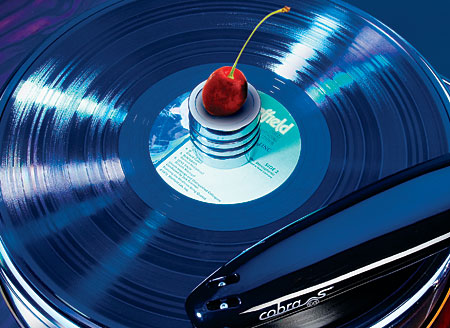
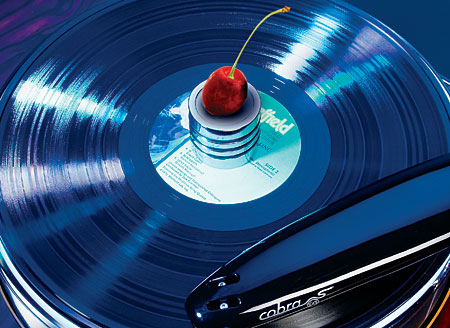
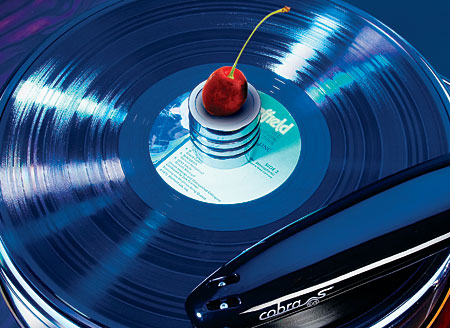
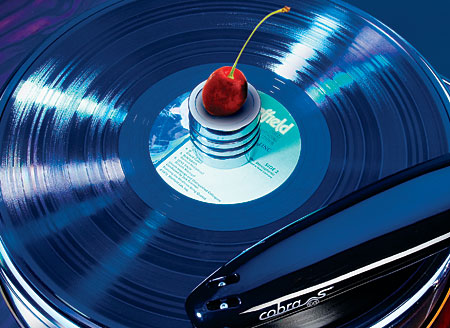
I m currently using a pair of Hales System Two Signature which uses the Dynaudio 17W75EXT drivers. One of my driver is having problem with its voice coil. The driver cracks when it plays low frequency. When i move the cone its quite rough its like d voice coil is touching d side wall.